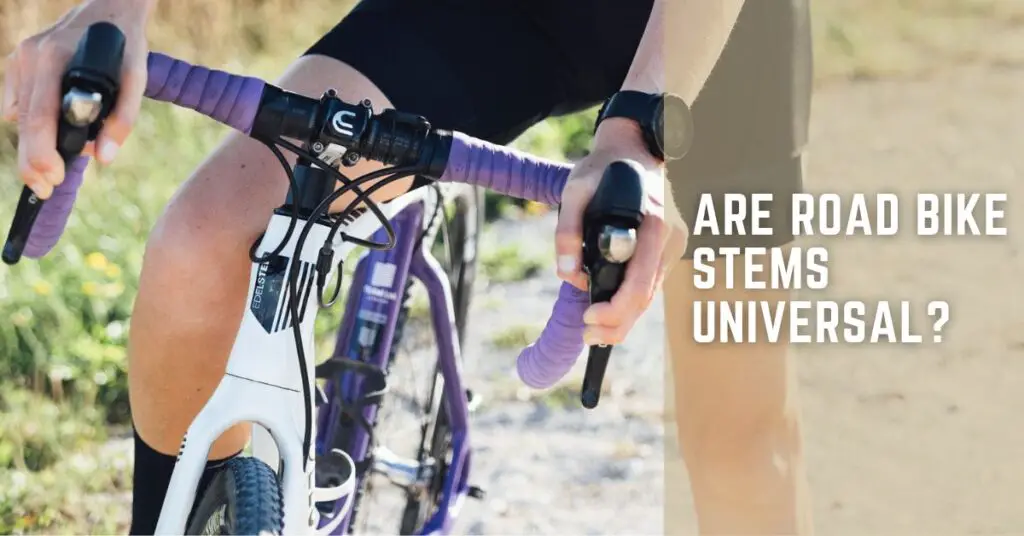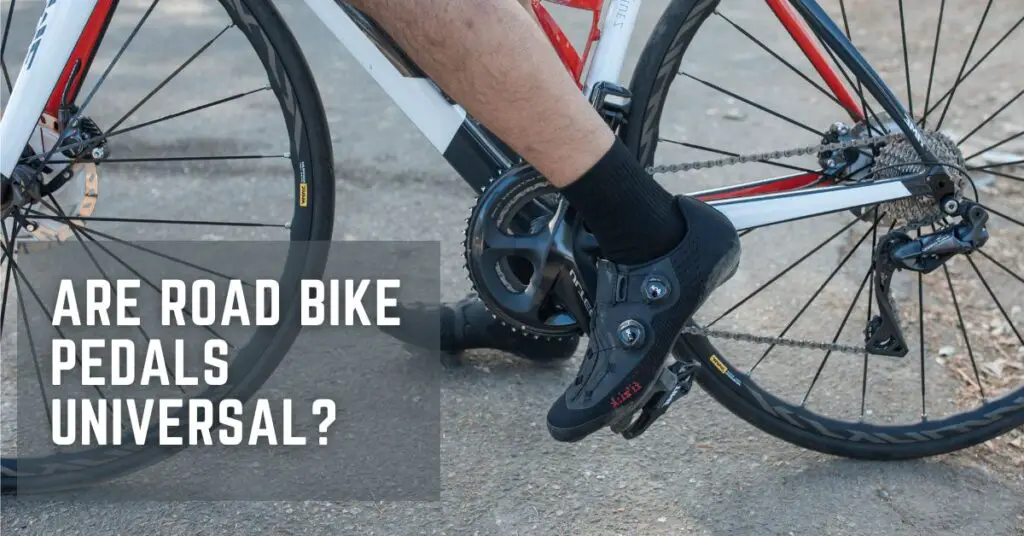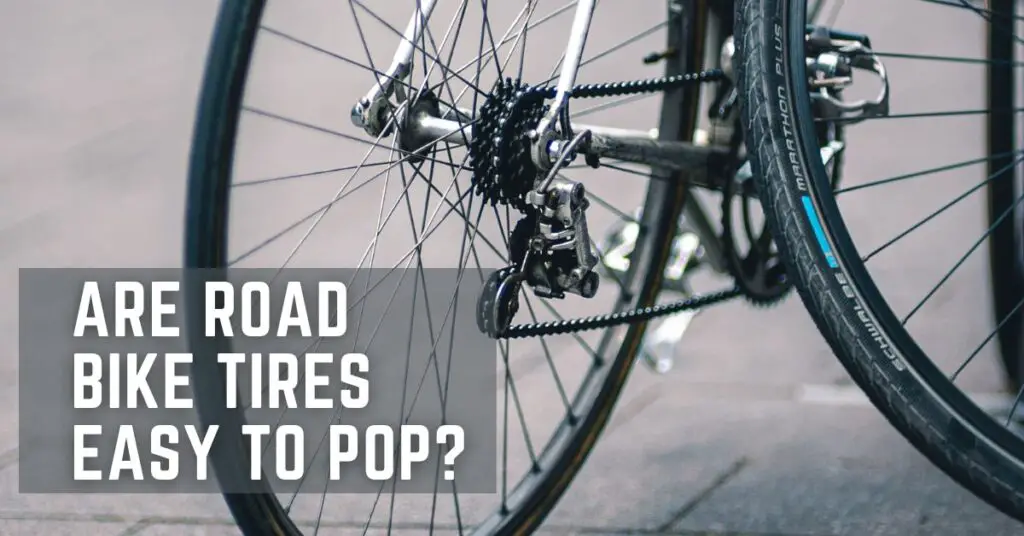Are Road Bikes Good for Beginners? (4 Reasons Why they ARE)
Choosing the right bike as a beginner can be quite overwhelming because you don’t know what to look for and which bike suits your needs. In this article, we’ll be discussing road bikes and their suitability for beginners. We’ll explore their pros and cons and how long it takes for beginners to get used to …
Are Road Bikes Good for Beginners? (4 Reasons Why they ARE) Read More »






